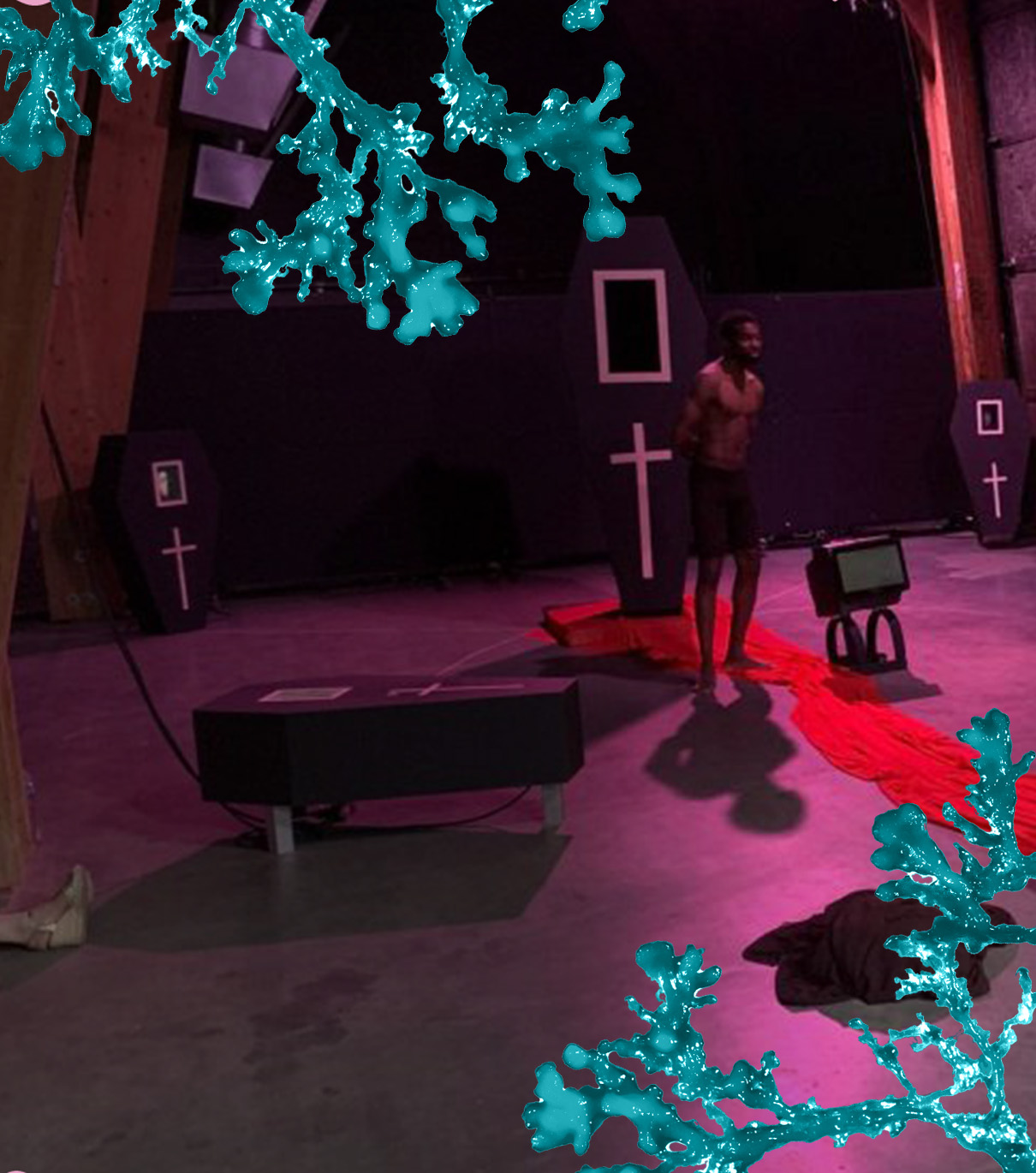Erasmus +
The project
According to Agenda 21, it is important to “promote” the capacity for expression as an essential dimension of human dignity and social inclusion. Our fight against exclusion is thus a fight for our dignity.
Today in the many projects happening in the Youth sector in Europe, social workers use art as way to prioritize the social and professional integration of our young people. Culture is a tool which can bring about the transformation of an individual’s situation, working with identity, relationships with others, self-esteem and with his or her life projects.
Different professionals meet: important figures in cultural and training, social workers, artists … starting a dialogue, reflection, focusing actions toward evolution and the establishing of young people’s place in society.
How should they collaborate with these young people as they enter society? How are social and cultural components articulated in social actions? What is the potential for culture and for artistic practice in the implementation of these career path projects? What are the institutional and political frameworks for these actions?
With support from Erasmus +, Latitudes Contemporaines, in collaboration with Alefpa, the IRTS (Institut Régional du Travail Social) and its English partners (the Tyne and Wear Museum) and German partners (IMAL-International Munich Art Lab) co-constructed a cycle of reflection seminars throughout 2015: “Artistic Intervention – Research on sustainable concepts of social and professional integration of youth with fewer opportunities.”
The goal is two-fold: training professionals with European trans-sector problems (in both the social and cultural sectors) and developing a common methodology.
It is a way of comparing different points of view, as well as the tools and methods used in each country. In 2016 these actions will be realized through a capitalization phase and the validation of results, using a tri-lingual methodology book and a web platform which may be accessed via this page.
Any interested professional is welcome to use these tools and adapt them to his or her own field.
The project partners organised their research and initiatives around the form of international seminars. They provided working material in the form of example initiatives which they led in their respective cities, with their own partners (often foundations, local authorities and States). They invited professional speakers from institutions and associations to the seminars; a major portion of the seminars was focused on visits to establishments working in the sectors of art, cultural initiatives, inclusion, training youth workers and supporting young people They additionally invited young people themselves to provide testimonies as well as students to offer their perspectives and contribute towards the research. The period covered by these initiatives spanned from 2012 to 2016. The seminar period ran from November 2014 to April 2016.
Stakeholders Project forms Tool kit European Symposium – 17 november 2016 Methodological publication and glossary





